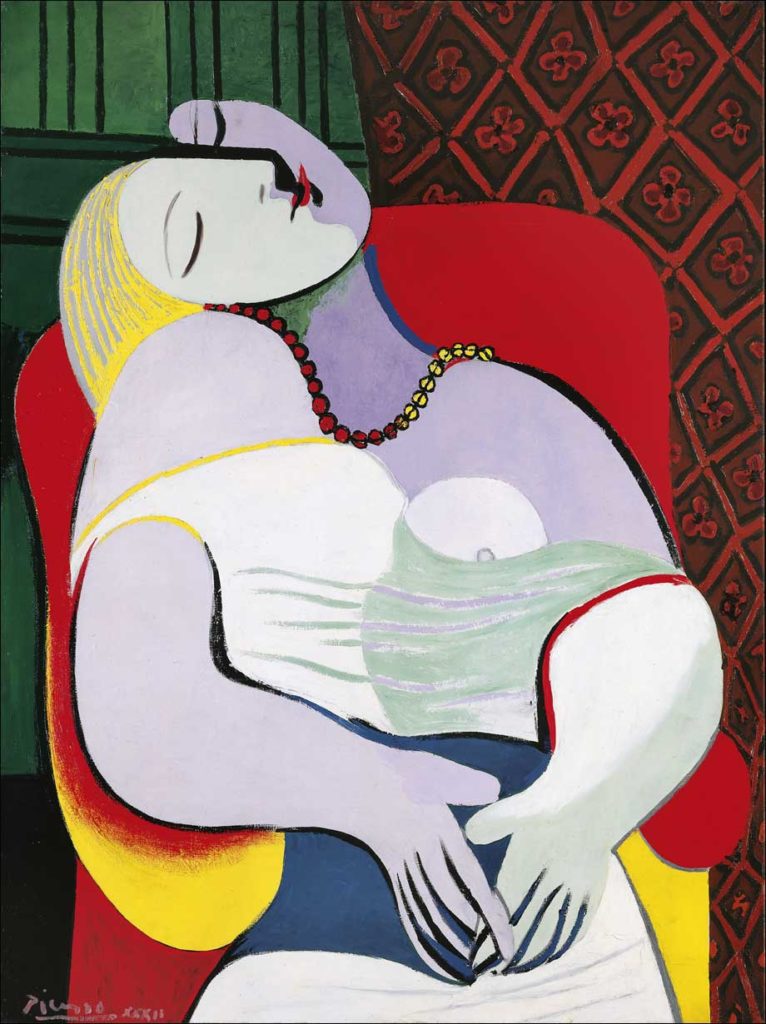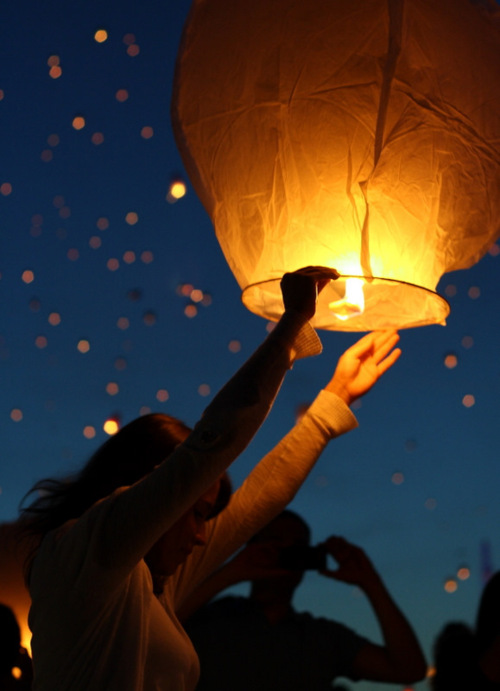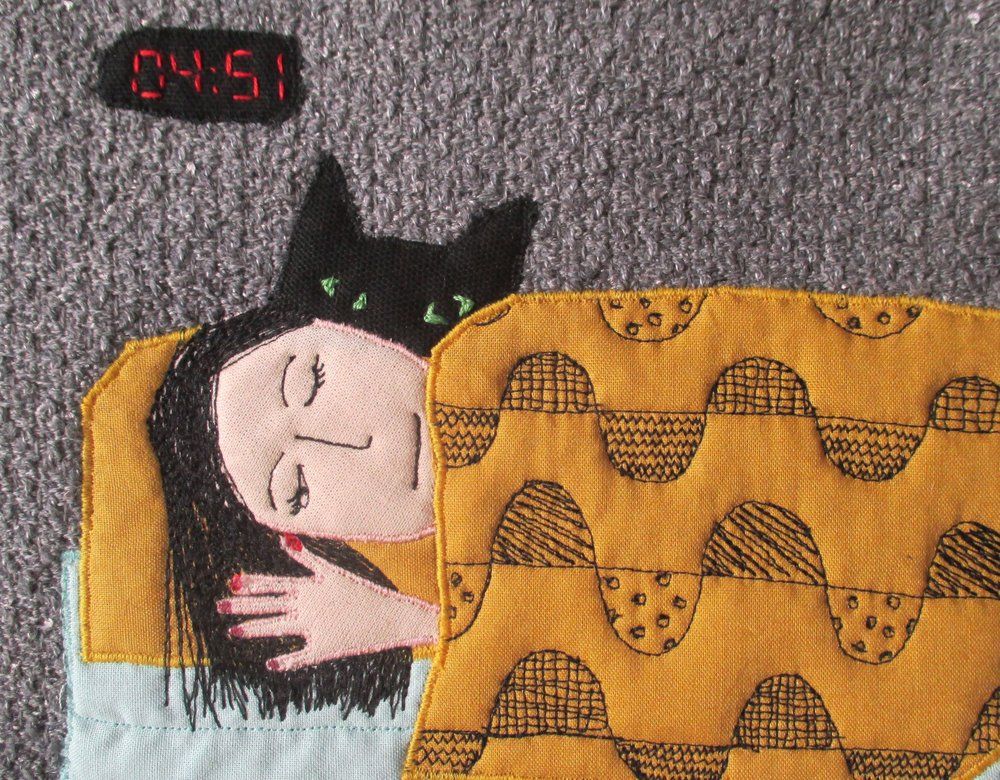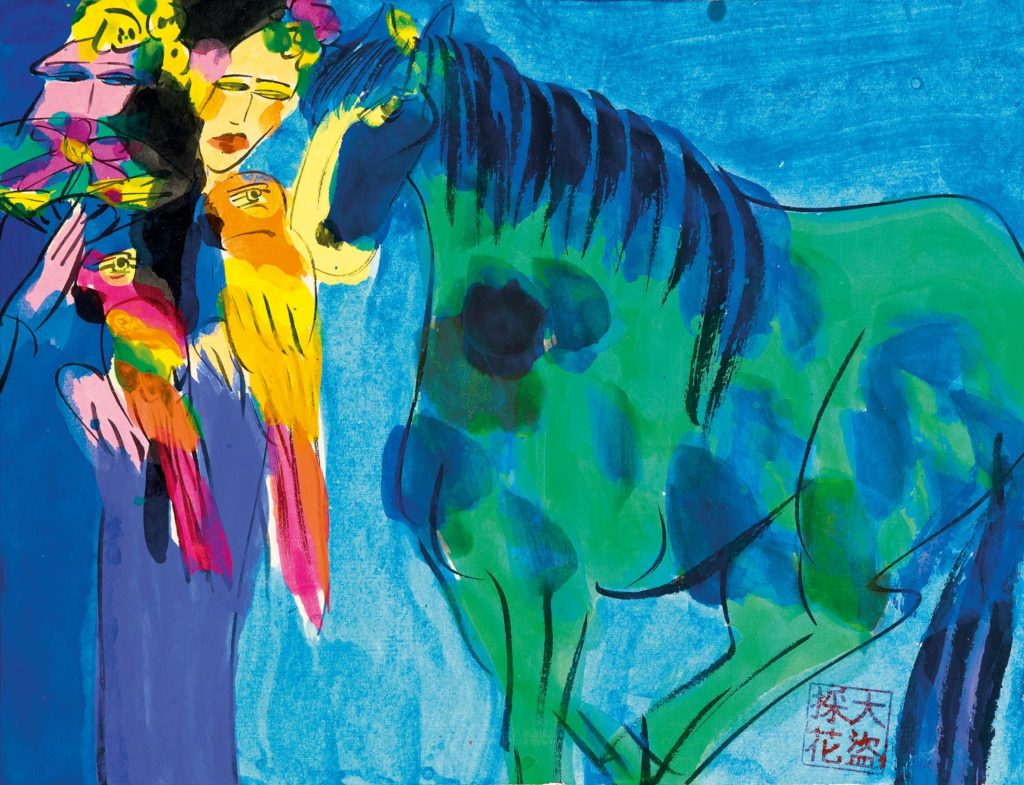Now, If Poetry Can Help…
I’ve just learned that Tony Hoagland — whose poetry I’ve had a love/hate relationship with since about the time I started this blog — died this past October, from pancreatic cancer. He was sixty-four.
In The Beautiful Rain
by Tony Hoagland
Hearing that old phrase “a good death,”
which I still don’t exactly understand,
I’ve decided I’ve already
had so many, I don’t need another.
Though before I go
I wish to offer some revisions
to the existing vocabulary.
Let us decline the pretense
of the hyper-factual: the
myocardial infarction; the arterial embolism;
the postoperative complication.
Let us forgo the euphemistic:
the “passed away”
and “shuffled off this mortal coil,”
as worn out and passive as an old dildo.
Now, if poetry can help, it is time to say,
“She fell from her trapeze at 2 am
in the midst of a triple backflip
in front of her favorite witnesses.”
Let us say, “In broad daylight,
Ms. Abigail Miller
conducted her daring escape
before life, that Crook,
had completely picked her pocket.”
It is not too late from some hero
to appear and volunteer
in the name of setting an example:
Let us say, “He flew with abandon,
and a joyous expression on his face,
like a gust of wind
or a man in a necktie
from the last dinner party he would ever have to attend.”
To say, “He was the egg
that elected to break
for the greater cause of the omelet;
the good piece of wood
that leapt into the fire.”
“Through grudging at first,
he fell like the rain,
with his eyes wide open,
willing to change.”
***
May it be so, Tony. May it be so.
All the Elsewheres
Atmospherics
by Susan Hutton
Sometimes on a late clear night you can pull that station from Denver
or Boston out of the dark.
All the elsewheres alter here, as what you remember
changes what you think.
Not spider nor plum nor pebble possess any of the names we give them.
A kite tugging on its string gives you a sense of what’s up there,
though it is translated, and by a string.
Out there, in the dark, the true thing.
The Familiar is Not the Thing It Reminds Of
 Red Berries
Red Berries
by Jane Hirshfield
Again the pyrocanthus berries redden in rain,
as if return were return.
It is not.
The familiar is not the thing it reminds of.
Today’s yes is different from yesterday’s yes.
Even no’s adamance alters.
From painting to painting,
century to century,
the tipped-over copper pot spills out different light;
the cut-open beeves,
their caged and muscled display,
are on one canvas radiant; obscene on another.
In the end it is simple enough–
The woman of this morning’s mirror
was a stranger
to the woman of last night’s;
the passionate dreams of the one who slept
flit empty and thin
from the one who awakens.
One woman washes her face,
another picks up the boar-bristled hairbrush,
a third steps out of her slippers.
That each will die in the same bed means nothing to them.
Our one breath follows another like spotted horses, no two alike.
Black manes and white manes, they gallop.
Piebald and skewbald, eyes flashing sorrow, they too will pass.
Meanwhile
 Like Three Fair Branches from One Root Deriv’d
Like Three Fair Branches from One Root Deriv’d
(excerpt)
by Robert Hass
Meanwhile
we are passing through the gate
with everything we love. We go
as fire, as flesh, as marble.
Sometimes it is good and sometimes
it is dangerous like the ignorance
of particulars, but our words are clear
and our movements give off light.
***
(courtesy of Pome)
Don’t Go Back to Sleep
from Rumi:
The breeze at dawn has secrets to tell you.
Don’t go back to sleep.
You must ask for what you really want.
Don’t go back to sleep.
People are going back and forth across the doorsill
between two worlds, which touch.
The door is round and open.
Don’t go back to sleep.
***
from me:
The election is twelve days away.
Don’t go back to sleep.
There are Hundreds of Ways
 Today, like every other day,
Today, like every other day,
we wake up empty and frightened.
Don’t open the door
to the study and begin reading.
Take down a musical instrument.
Let the beauty we love
be what we do.
There are hundreds of ways
to kneel and kiss the ground.
— Rumi
Each Day, As If It Were…
Another poem from Pome:
Imaginary Conversation
by Linda Pastan
You tell me to live each day
as if it were my last. This is in the kitchen
where before coffee I complain
of the day ahead—that obstacle race
of minutes and hours,
grocery stores and doctors.
But why the last? I ask. Why not
live each day as if it were the first—
all raw astonishment, Eve rubbing
her eyes awake that first morning,
the sun coming up
like an ingénue in the east?
You grind the coffee
with the small roar of a mind
trying to clear itself. I set
the table, glance out the window
where dew has baptized every
living surface.
How Seemingly Simple
Happiness is Harder
by Jane Hirshfield
To read a book of poetry
from back to front,
there is the cure for a certain kind of sadness.
A person has only to choose.
What doesn’t matter; just that —
This coffee. That dress.
‘Here is the time I would like to arrive.’
‘Today, I will wash the windows.’
Happiness is harder.
Consider the master’s description
of awakened existence, how seemingly simple:
Hungry, I eat; sleepy, I sleep.
Is this choosing completely, or not at all?
In either case, everything seems to conspire against it.
How Intimate and Unthinking
Habit
by Jane Hirshfield
The shoes put on each time
left first, then right.
The morning potion’s teaspoon
of sweetness stirred always
for seven circlings — no fewer, no more —
into the cracked blue cup.
Touching the pocket for wallet,
for keys,
before closing the door.
How did we come
to believe these small rituals’ promise,
that we are today the selves we yesterday knew,
tomorrow will be?
How intimate and unthinking,
the way the toothbrush is shaken dry after use,
the part we wash first in the bath.
Which habits we learned from others
and which are ours alone we may never know.
Unbearable to acknowledge
how much they are themselves our fated life.
Open the traveling suitcase —
There the beloved red sweater,
bright tangle of necklace, earrings of amber.
Each confirming: I choose these, I.
But habit is different: it chooses.
And we, its good horse,
opening our mouths at even the sight of the bit.
As the Walls Clear Themselves
Another poem from Pome:
Geometry
by Rita Dove
I prove a theorem and the house expands:
the windows jerk free to hover near the ceiling,
the ceiling floats away with a sigh.
As the walls clear themselves of everything
but transparency, the scent of carnations
leaves with them. I am out in the open
and above the windows have hinged into butterflies,
sunlight glinting where they’ve intersected.
They are going to some point true and unproven.







